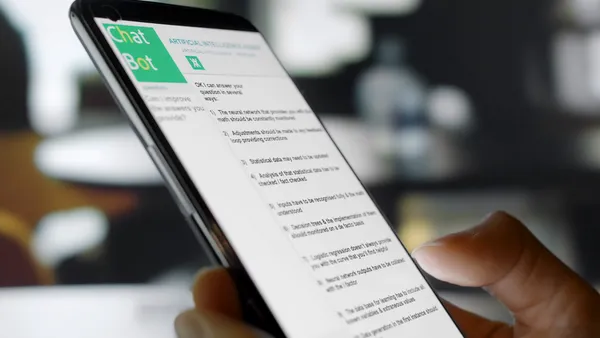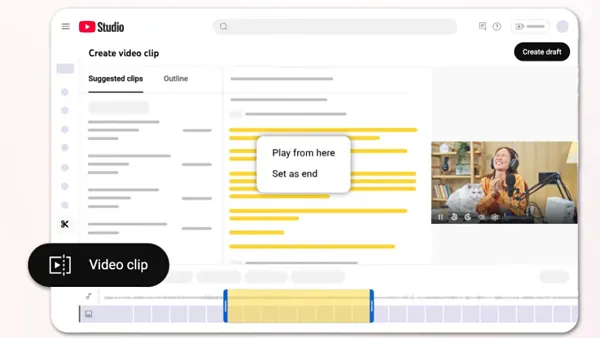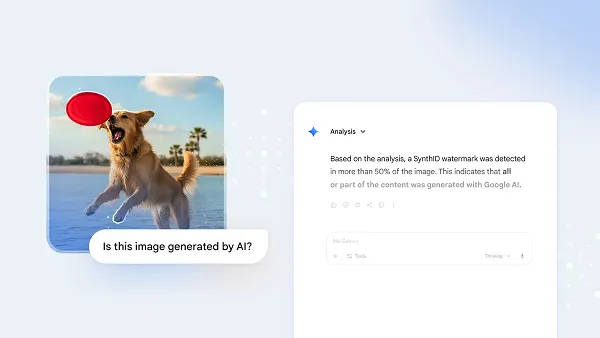The Bloods, The Crips And The Retweets
Due to social media's unique ability to propagate rumour and news faster than anything else in existence, it's no surprise that various subsets of the community have tapped into its power over the years. Social media is, if nothing else, an absolutely perfect tool for ground-level marketing. But the concept of marketing seeps well beyond the realms of corporate conglomerates or start-up tech companies. Everyone who's ever wanted to sell you a product, suggest an ideal or relay a warning has, in a sense, been doing a form of marketing.
The man collecting spare change for charity is doing it, and so was the shop assistant who convinced you that those shoes actually looked good (they really don't, sorry). So is pretty much everybody else.
 |
| source: getyoursiterank.com |
So the news that gangs - whose mere existence relies on expansion by any means necessary - have finally turned to social media is disappointingly unsurprising. Before Facebook made claiming a crime or arranging a friendly get-together easy, gangs would raise their numbers gradually. Street corner by street corner, avenue by avenue. Now, thanks to the internet, this can be done online, and what was once a mercilessly slow process is done with a few left clicks of a mouse.
Art Powell, a former gang member turned anti-gang advocate, was quoted as saying the following on
11alive.com: "with the gangs utilising social media, they realise that's a platform or tool to better put out what they do for others to see. Whether that's imposing fear on their enemies by posting videos of beating somebody down or shooting or showing guns." Social media gives this propaganda the perfect platform from which to be shared, and the internet has shown hundreds of times in the past that it has more than enough
power to intimidate, harass and bully.
Powell continued, "it's going to do two things. It's going to draw people in or it's going to repel people, push them away. And they know that. That's why they're using it so much and pushing it so hard."
This material isn't just fading into the endless swamp of ignored internet content. Certain videos perpetuating the gang lifestyle have received millions of views on YouTube, and this doesn't even take into account the content that has been shared and viewed through Facebook's video service. Nor does it reveal either way how effective Twitter et al are at actually recruiting new people. What it does do is prove there is a market out there for this kind of content, and it's not too much of a jump to assume at least some of this viewership will be sucked in by the apparent glitz and glamour on offer.
Unsurprisingly, though, wide-eyed teens with low morals and middling aspirations aren't the only ones viewing these videos. One database claims there are 120 gangs currently active in just Atlanta, and if they're all using social media to grow then there will undoubtedly be tonnes of police presence online. People in gangs tend to be ignorant about how the internet works, meaning that they forget that once something is out there, it cannot be retracted. Social media abuse has the potential to backfire spectacularly.
In the words of Mr. Powell, "people are ignorant to think that because they've got a password, it will stop people from finding out what they're doing. But once you put something on social media, that's public information."
top image source: youthvoices.net










